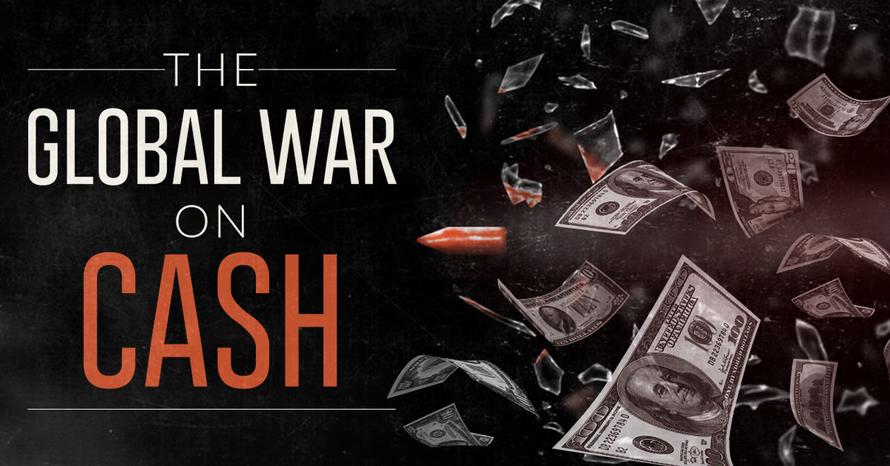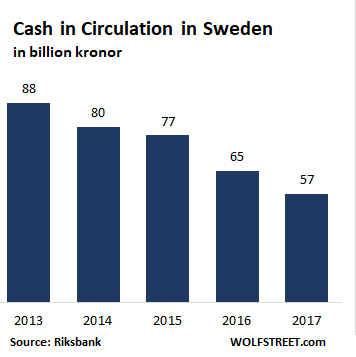As in neighboring Germany and Austria, cash is still king in Switzerland albeit a much diminished one. But the Swiss will soon have the chance to vote on whether to preserve notes and coins indefinitely.
This is a rare positive news story that, perhaps unsurprisingly, has received next to no attention beyond Swiss borders. As far as I can tell, none of the legacy media in the US, UK, France, Germany or Spain have even bothered to cover the story. Indeed, it only registered on my radar a couple of days ago, over a week after the story initially broke, because an acquaintance of mine with family in Switzerland told me about it.
So, here’s the basic thrust of the story: At the beginning of last week, a Swiss pressure group with libertarian leanings called the Swiss Freedom Movement (FBS) announced it had collected enough signatures (111,000) to trigger a national vote on preserving cash for posterity. If passed, the initiative would require the federal government to ensure that coins and banknotes are always available in sufficient quantities. What’s more, any attempt to replace the Swiss Franc with another currency — quite possibly a reference to a central bank digital currency — would also have to be put to popular vote.
From Reuters:
Swiss citizens will get the chance to try to ensure their economy never becomes cashless, a pressure group said, after collecting enough signatures on Monday to trigger a popular vote on the issue.
The Free Switzerland Movement (FBS) says cash is playing a shrinking role in many economies, as electronic payments become the default for transactions in increasingly digitised societies, making it easier for the state to monitor its citizens’ actions.
Cash Still King in Switzerland, Albeit a Much Diminished One















